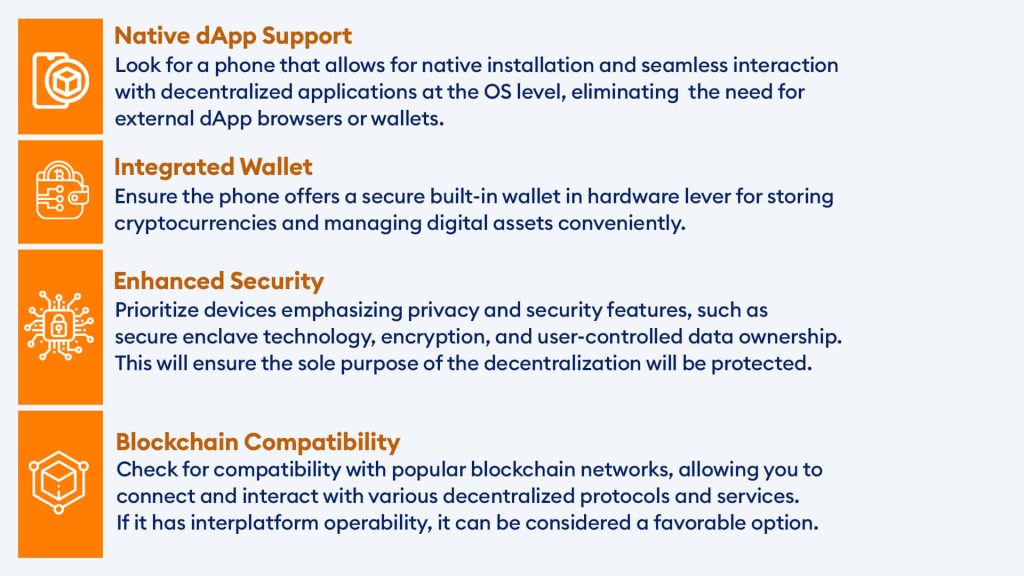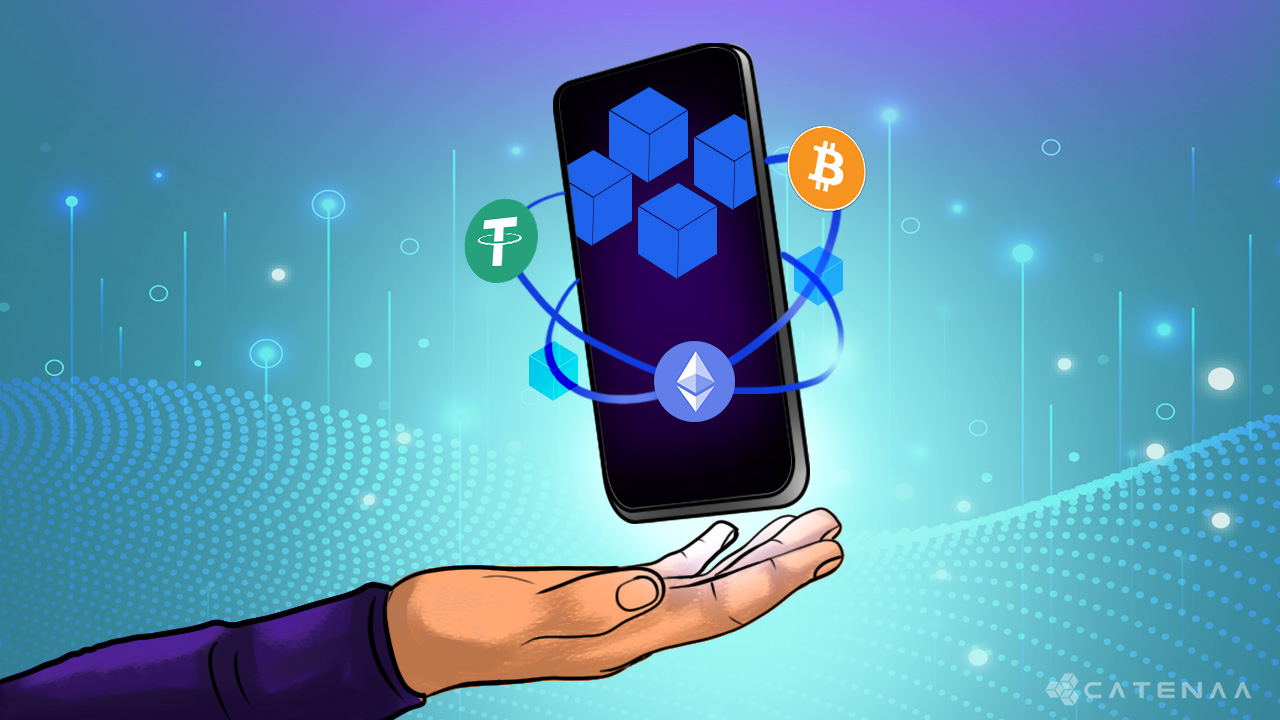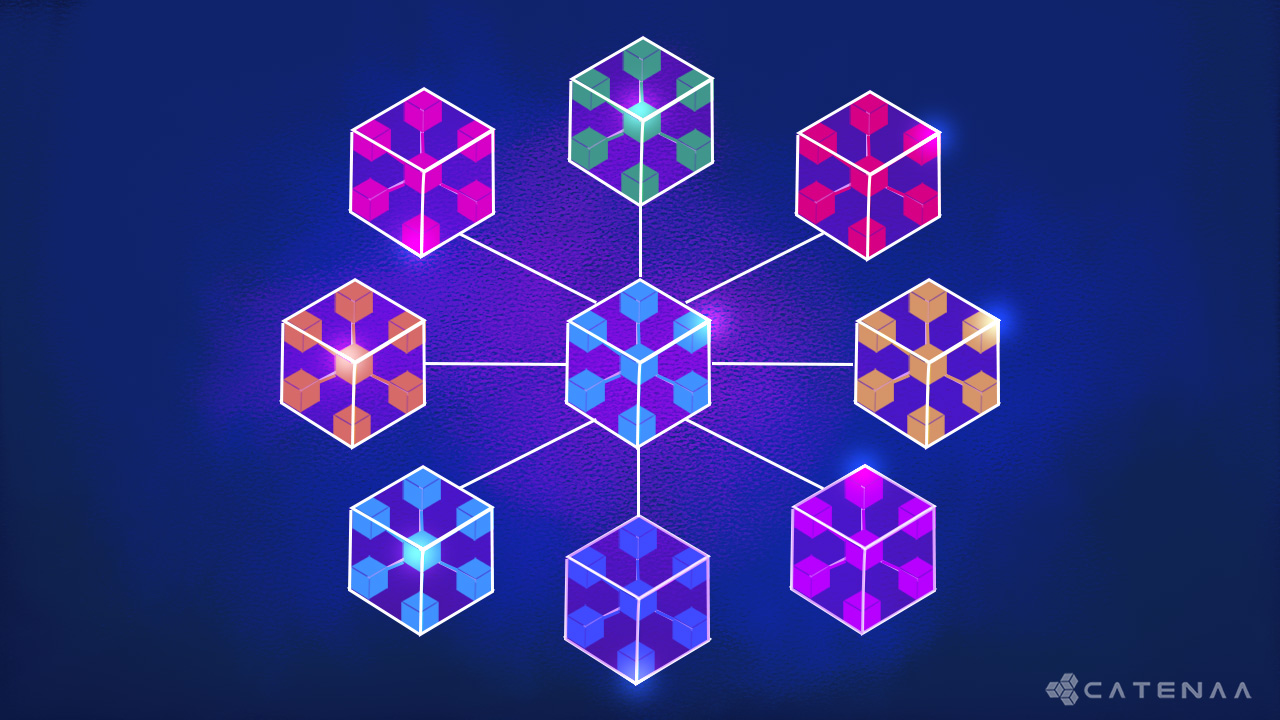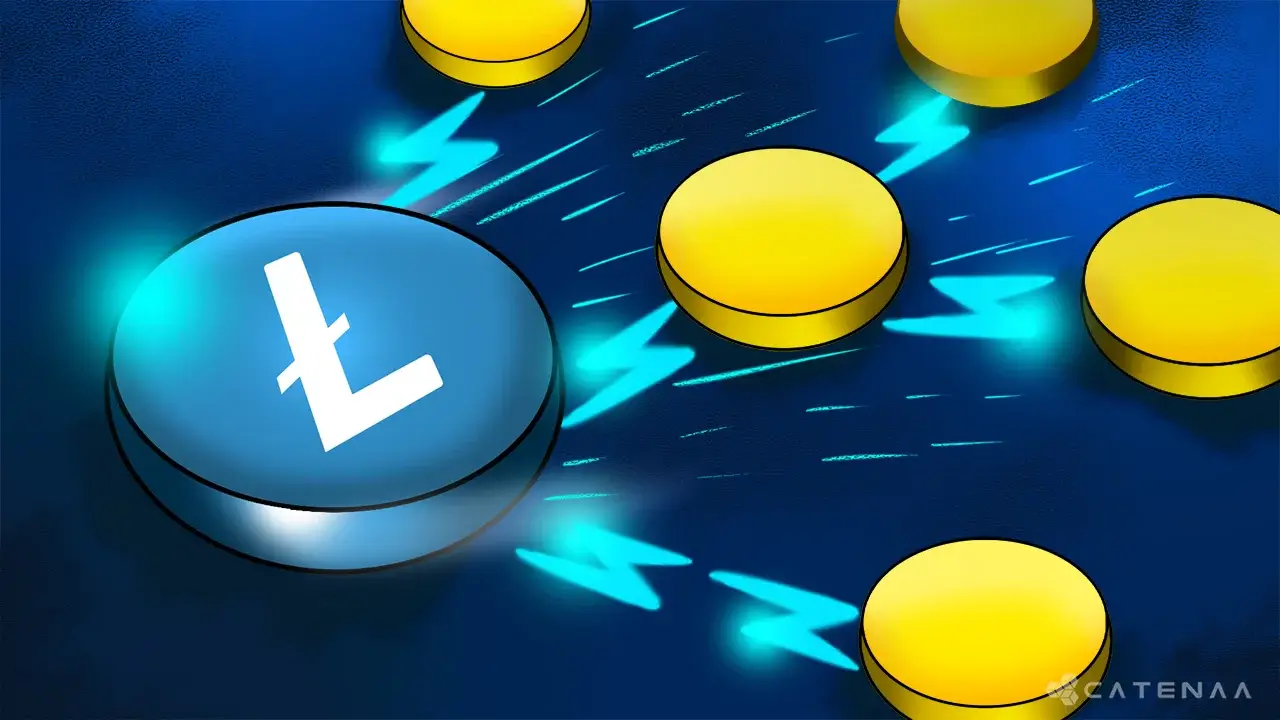In the era of Web 3.0, we are exploring the use of Blockchain technology and have witnessed the advancements of Smartphones; what if both worlds merge? Similar to an Android or iPhone, web 3.0 phones can be loaded with native dApps, be used as a wallet, create Non-Fungible Tokens, and many more endless Web 3.0 possibilities. In this article, we will cover what it is, why you should care about it, Early Launches, and How it will revolutionize the future.
What is a Web3 Phone?
Since everything has become mobile-first, and most crypto enthusiasts still use desktops as their gateway to access the Web 3.0 space, there is a potential market gap that these phones could fill. To sum up, users can securely store their wallet addresses in a device they carry with them daily and everywhere. They can also store their cryptocurrencies in their cold wallets, natively install dApps without using third-party services like Trust Wallet or other dApp browsers, and access most Web 3.0 use cases natively.
The gap between people interested in this tech and the Web 3.0 revolution is expected to reduce in upcoming years.
History of Early Web3 Phones And Their Failure
The history of Web3 phones and their buzz dates back to 2018, when HTC launched its “Exodus 1” lineup, a blockchain-focused, decentralized smartphone. They strategized and marketed this product in many different aspects. They advertised this product as only purchasable via cryptocurrencies, prioritized software and intellectual property research (privacy-focused), and, moreover directly informed the media that keeping aside Google’s Android OS would increase the security features of this phone. 1
If you haven’t even heard of this phone before, well that probably sums up how successful this venture was.
In addition to this, a few internet articles were also there claiming Sirin Lab’s FINNEY™ phone, purportedly the world’s first premier, ultra-secure blockchain smartphone.2 They completed the crowd sale, signed Leo Messi, a well-known football player, as their brand ambassador2, and joined the Amazon Launchpad program in 2019 January. While HTC partnered with Brave and Opera for default browser integration and dApp launcher integration, respectively3, whilst SIRIN LABS chose Foxconn International Holding to make hardware and SIRIN LABS built their own operating system called THE SIRIN OS™, based on Android. In the FINNEY™ phone, there are plenty of features available to be used, some of them are listed below.
- Embedded Cold Storage Wallet that is fully separated from phone hardware
- Intrusion Prevention System (IPS), injected into the kernel to provide threat protection
- dCENTER, an integral part of SIRIN OS, which is like a PlayStore but for dApps.
- Token Conversion Service(TCS), a payment method to pay using crypto
Additionally, SIRIN LABS led the innovation by trying to create an ecosystem with its blockchain phone, PC, and utility token named ‘SRN'4 5. After the year 2020, there weren’t many updates about their products, and the FINNEY phone roadmap also indicated that their lineup is about to end with the beginning of the development of “All-in-One PC,” which creates an ecosystem of devices6.
“Before the Finney, you needed a ledger, you needed a computer, you needed wallet software and then you needed to go to an exchange, and then you could convert. The Finney does all of this in one phone.”
Moshe Hogeg, Co-Founder and Co-CEO of SIRIN LABS, from Cointelegraph 7
How Can Web 3.0 Technology revolutionize Mobile Phones?
Web 3.0 and decentralization have the potential to change the way we use the internet and how our user data is being handled by big tech. When it comes to the decentralized space, there will be enhanced privacy assured.
Since most internet users are accessing the internet via mobile phones, there are high chances of revealing their user data to tech companies. By incorporating Web 3 into Mobile phones, we can reduce the reliance on centralized authorities through self-sovereign identities and decentralized identifiers. Users will get more power to manage their identities and control their personal information than in the days of Web 2.0.
Digital Asset Management will become easy when phone manufacturers start to embed crypto wallets physically. This will create a new era of mobile-based asset management, including cross-platform operability and NFT asset management.
Accessing the DeFi world through desktop PCs will be replaced by mobiles when companies start to embed wallets.
Altogether, there are endless possibilities just waiting to be witnessed.
Top Web 3.0 Phones
We already had a look at the early pioneers, and now we will see a list of the latest additions to this niche.
- Solana SAGA
- Nothing Phone (1)
- Vertu
Useful Features to Consider if you are buying a Phone
Before finishing off, if you are considering buying a Web 3.0 phone, there are several useful features to take into account:

Conclusion:
Web 3.0 Phones address the growing demand for a mobile-first decentralization experience; as people find it hard to deal with Desktop PCs, people tend to believe that an expert level of knowledge is needed to use Web 3.0 services. Since the mobile phone is a gadget highly tied to the common folks day to day lives, incorporating web 3.0 services into them has the potential to bridge this gap.
Early launched devices faced challenges, but as a technology, it’s still alive and evolving. By embracing the power of Web 3.0 in the mobile phone market, we can unlock a feature where privacy and security are paramount with more inclusive and open access to the internet.
- CNBC: cnbc.com[↩]
- Businesswire: businesswire.com[↩][↩]
- Wikipedia: wikipedia.org[↩]
- SIRIN LABS: sirinlabs.com[↩]
- Coinmarketcap: coinmarketcap.com[↩]
- “(SIRIN LABS: sirinlabs.com[↩]
- “Cointelegraph: cointelegraph.com[↩]


